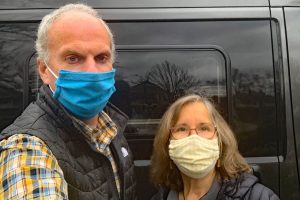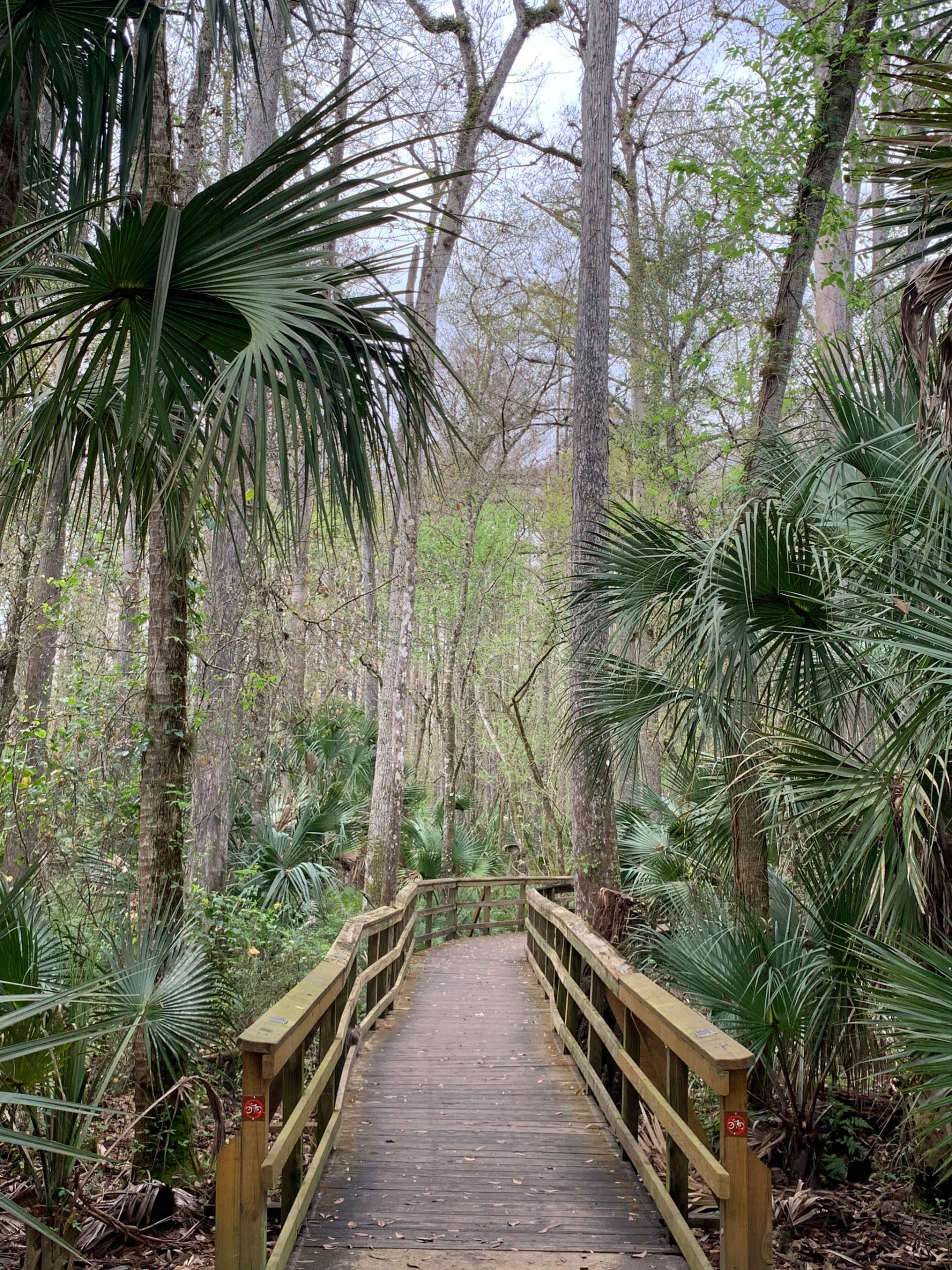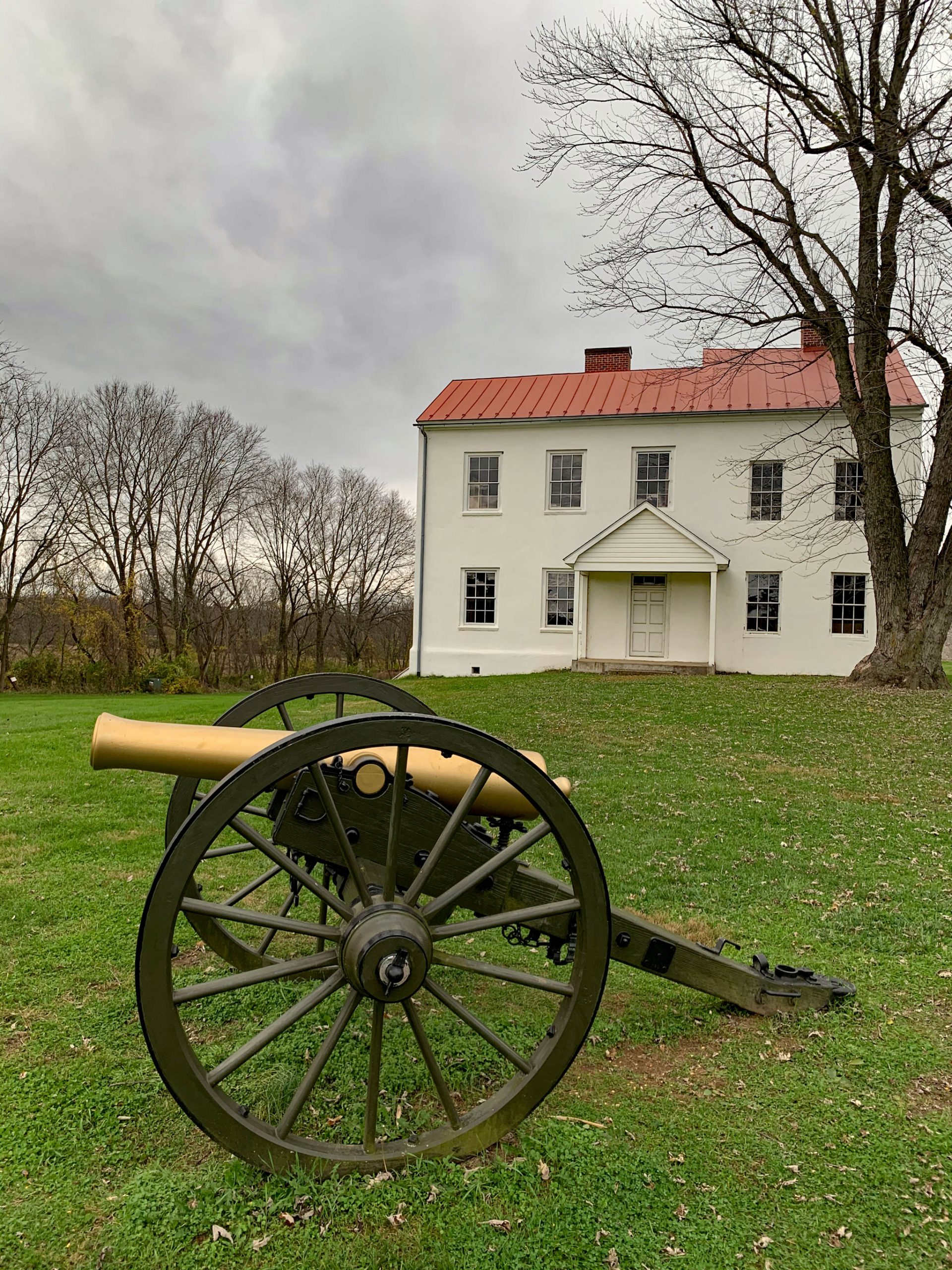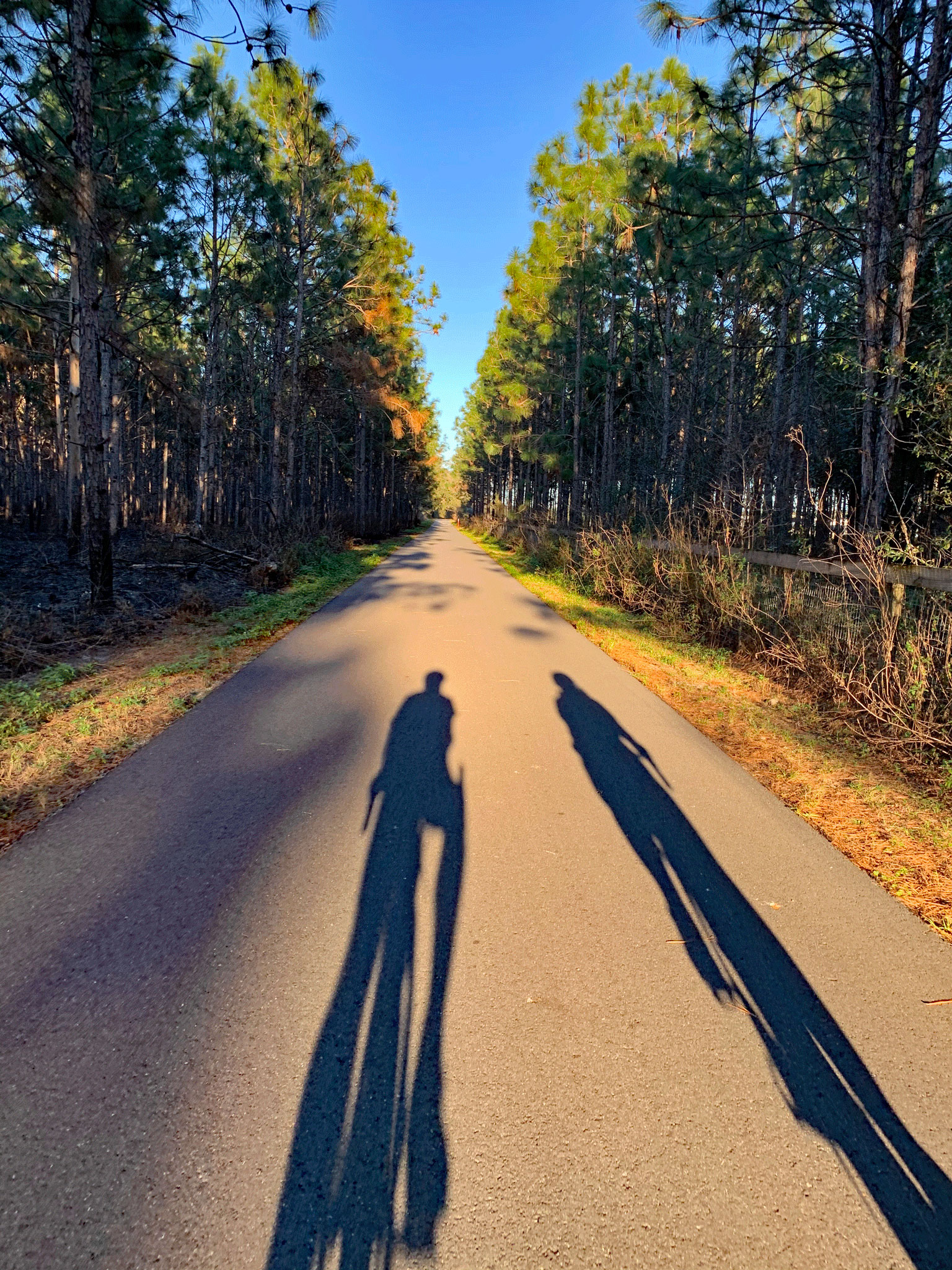When we daydreamed about the first few months of vanlife following the sale of our house, we had visions of hiking in iconic national parks such as Yellowstone and Glacier, participating in events such as RAGBRAI, the annual bike ride across Iowa, and attending a week-long session discussing climate change at the Chautauqua Institute. Obviously, the pandemic erased all these ideas. Instead, we needed to find a safe way to begin our “house-less” journey.
On July 16, the NY Times published an article titled “Vacation in the Summer of Covid-19.” The article chronicled the vacation experiences of writers traveling to Maine, Oregon, Napa Valley, and Appalachia. I enjoyed reading the accounts of measures taken by the writers to safely travel. But I was struck by some of the reader comments:
“…it is irresponsible to travel or promote doing so during a pandemic…”
“….so painfully out-of-touch….”
“…your coming here (Maine) was a selfish act, and your writing a story about it, even more so….”
“…we owe it to one another to stay home…”
But our “home” is our campervan, and it’s meant to be mobile. What’s the right thing to do? Other commentors to the article did call out these comments out as shaming and sanctimonious, but my takeaway was clearly that if we traveled, we may not be welcomed. Hmmm….
Four months later, we’ve explored six states, driven about 5,000 miles, and biked and hiked many trails since selling our house and beginning this nomadic lifestyle. Campgrounds and businesses we’ve used have welcomed us, albeit commonly behind a plexiglass barrier. We anticipated more miles by this point, but instead we are driven to safely travel using the following behaviors:
Using our Van to the Fullest. We have a “full” kitchen (induction cooktop, propane stove, toaster oven, microwave, refrigerator, freezer, sink, omnia stovetop oven, and instapot) that can be used to make fabulous meals – we don’t need to patronize restaurants. We also have a “full” bath (shower, sink, and toilet) so we don’t utilize public restrooms. Our bed and dinette in the van are comfortable, and nature outside the van’s door is our living room. We often refer to our van as “the escape pod.”
Following the State Rules. After visiting family in Ohio in early July, we traveled to Vermont and quarantined for 14 days in accordance with Vermont rules. Those two weeks of downtime were relatively mundane but it was the right thing to do.
Staying in Areas with Lower Rates of Infection. We both bookmarked various websites with virus transmission data to regularly peruse. Once we finished quarantine, we stayed in Vermont for most of the summer because of the low rate of infection in the Green Mountain State. We cancelled a trip to Lake Placid when a spike in infections was reported days before our venture was to occur. We began to venture out of Vermont at the end of September, staying well informed of state rules, tracking virus map updates along our way, and getting tested when we visited family in areas with higher community transmission.
Wearing a Mask and Socially Distance. On hikes, bike rides, and even in our kayaks, we have worn a mask whenever others are near. Betsy finds that once she gets a good snug fit -so that her eyeglasses are not fogging – she tends to leave hers on. She reports two other advantages. She swallows fewer bugs biking and her nose – treated for skin cancer once already – is well protected from the sun. We have had others look at us with disgust as we hike past them, wearing our masks, trying to be more than six feet apart. Greeting them with warmth tends to disarm the obvious disdain. We’ve overheard people mock us or call us ignorant because of wearing a mask. We have wanted to turn around and confront these people, but we’ve bitten our tongues and continued on our way. Yes, there have been instances when we cycled past others and failed to raise our masks fast enough – we’re not perfect by any stretch of the imagination – but we’ve tried to protect ourselves and to set an example.

Staying Outdoors. We have bypassed museums, visitor centers, galleries, breweries, and restaurants that in normal times we would enter, explore, and enjoy. We do occasionally get restaurant takeout and eat in our van at a pleasant vista. There will be opportunities in the future to return to these indoor spaces. There are plenty of outdoor activities available, even on a rainy day. Our hikes on rainy days in Acadia and Shenandoah National Parks as well as First Landing State Park have been among our most memorable experiences.
Venturing to Areas Less Visited. We’ve tried to find hikes and cycling routes that are less populous and not congested. We’ve avoided popular trailheads on the weekends. We’ve hiked or cycled early in the morning or late in the afternoon before or after the crowds.
Shopping only for the Essentials. Other than grocery stores, we have rarely ventured into retail stores. No gift shops to purchase post cards. No convenience stores to buy a piece of candy. No bookstores to browse the shelves. Yes, we have gone into stores such as REI and LL Bean to ”gear up,” but we have tried to go during “off hours” and not linger and have appreciated the retailers efforts to keep numbers low, sanitizer readily available, checkouts relatively contactless and cleaned between transactions.
Taking pauses as possible. We are fortunate to have access to family-owned properties to take longer pauses from the road particularly as this late fall-winter surge of 2020 has developed.
None of these practices are rocket science – they are merely common sense. We recognize many people have foregone travel this year as their sacrifice to stop the spread and are critical of folks who have traveled. We respect those individual decisions. We are lucky we have an “escape pod” in which our travel is different – no motels, no airplanes, no Ubers or Lyfts, no airports or train stations, no restaurants. Because we are news junkies and scientists, we spend lots of time staying informed about the pandemic status and research into the virus. We hope to be able to safely travel in the months ahead as we wait for widespread vaccinations, but we are staying flexible and intend to do what is safe.
We hope you and your family are healthy.


